Your Custom Text Here
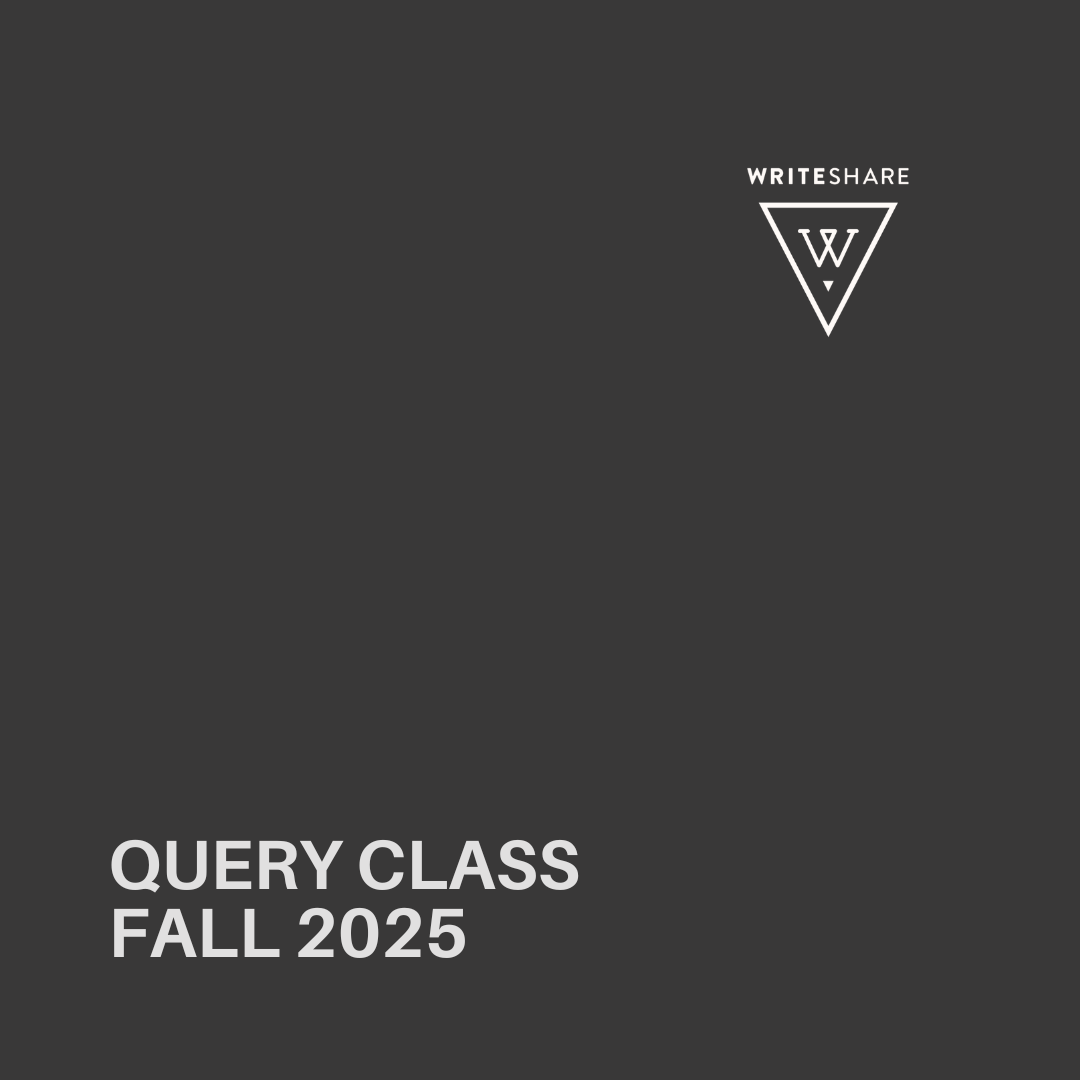
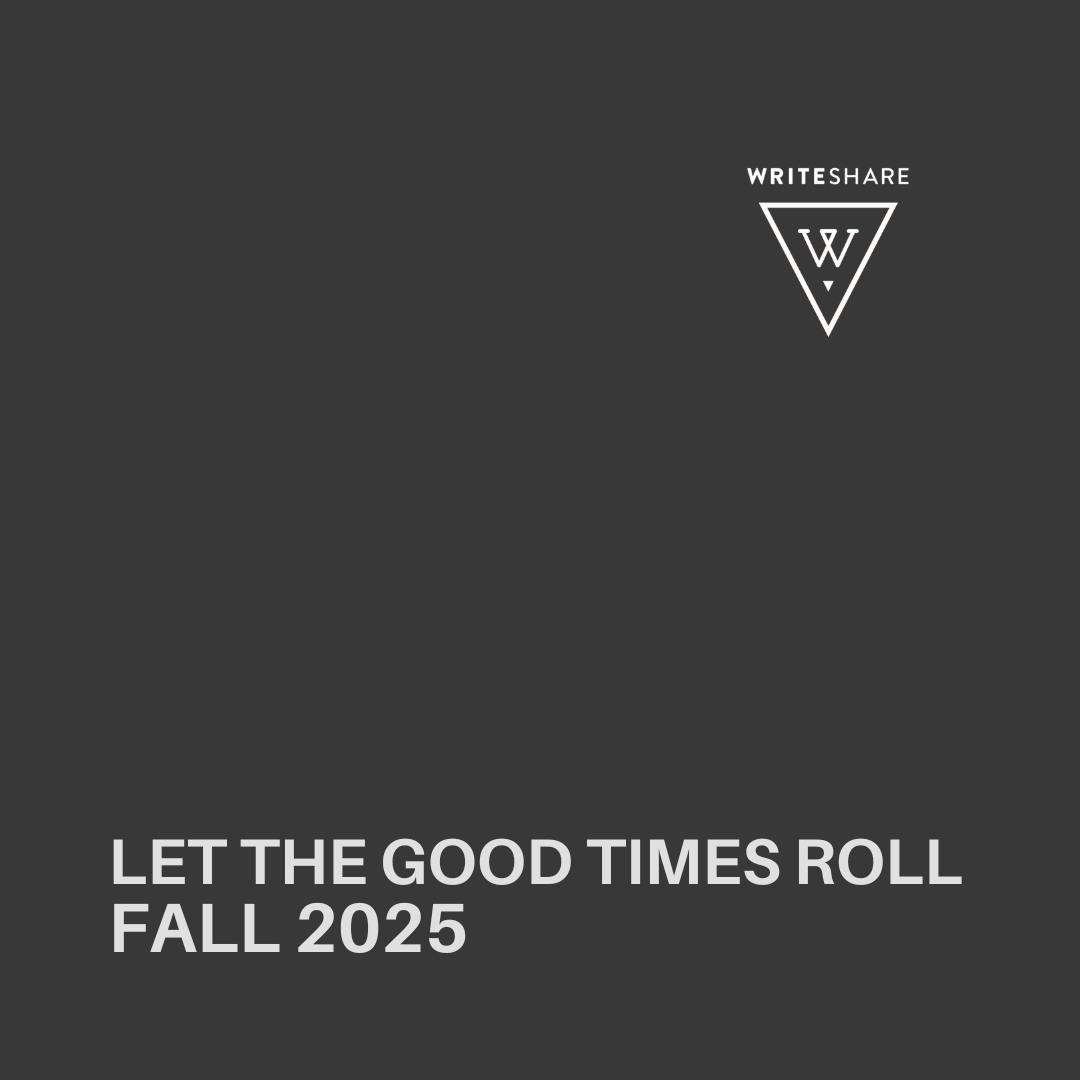

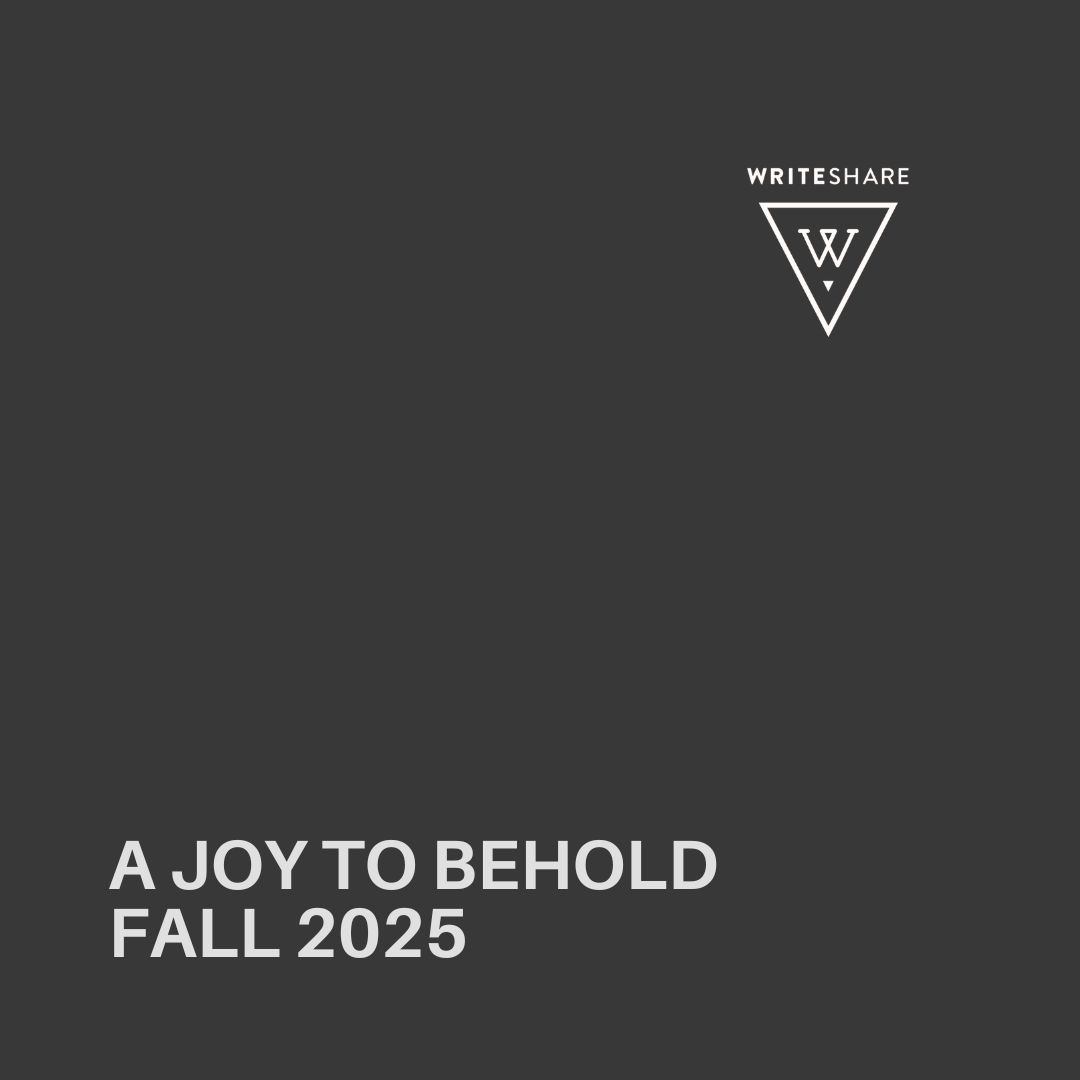
A JOY TO BEHOLD
A Joy to Behold: A Generative Memoir Workshop
In this joyful, generative memoir writing workshop, we will begin each session by reading a bit about what other writers have to say about the radical practice of cultivating joy in our lives and on the page. Then we will move into guided writing activities followed by a time to share and discuss each other’s work. Whether you want to begin a new project, enhance existing material, or simply immerse yourself in the company of other joy-seeking writers, you will leave this workshop with new material and fresh ideas for expanding and developing your work.
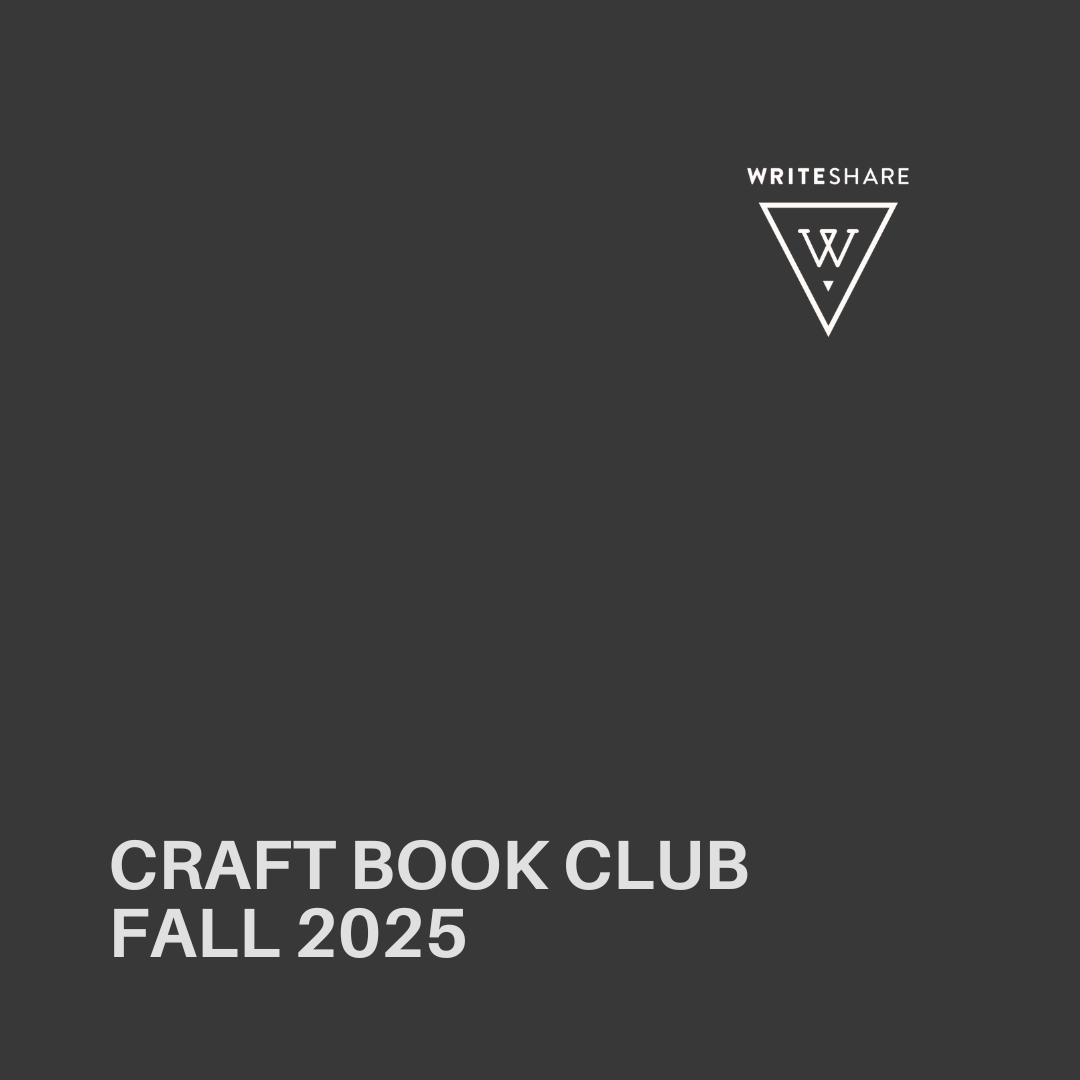

A JOY TO BEHOLD
A Joy to Behold: A Generative Memoir Workshop
In this joyful, generative memoir writing workshop, we will begin each session by reading a bit about what other writers have to say about the radical practice of cultivating joy in our lives and on the page. Then we will move into guided writing activities followed by a time to share and discuss each other’s work. Whether you want to begin a new project, enhance existing material, or simply immerse yourself in the company of other joy-seeking writers, you will leave this workshop with new material and fresh ideas for expanding and developing your work.
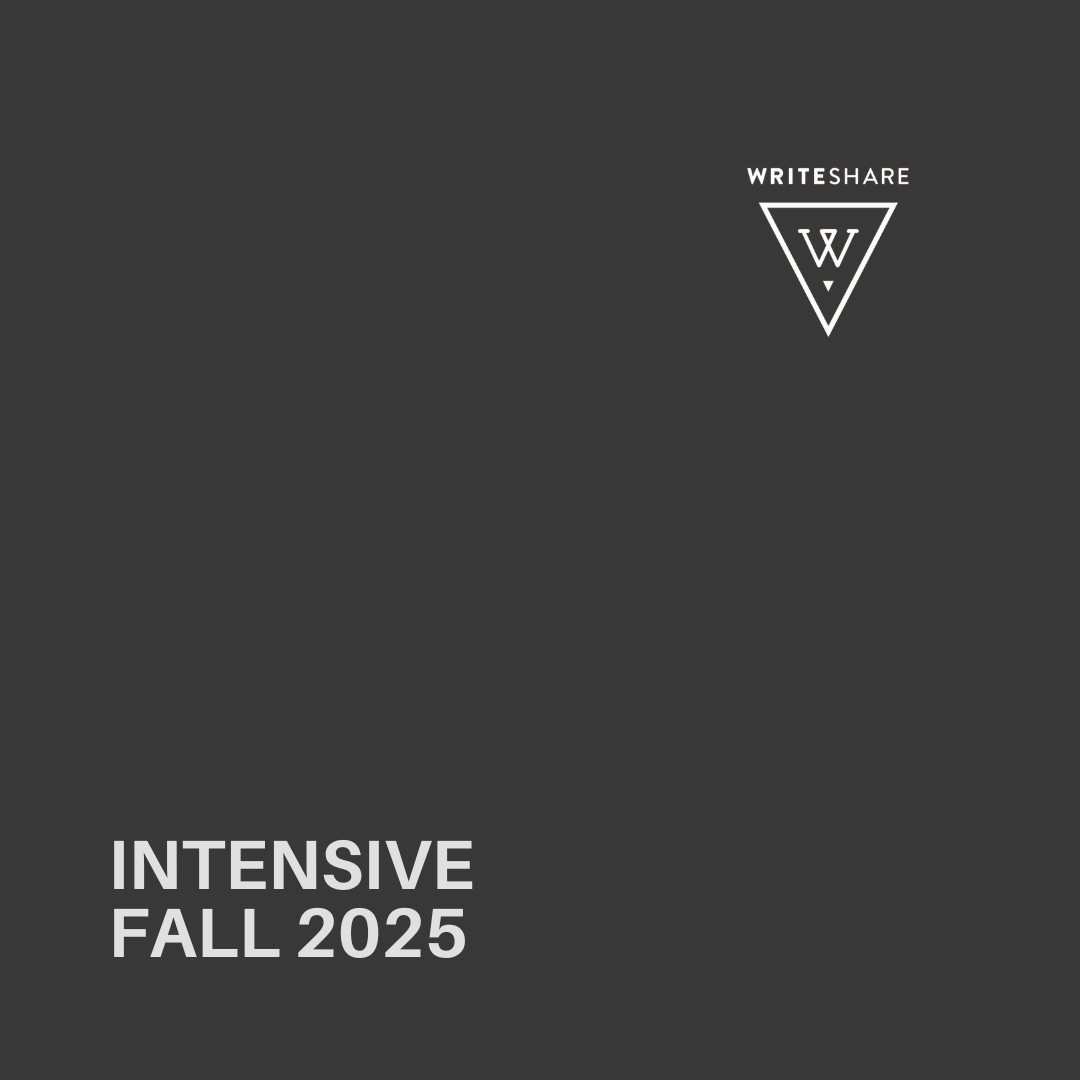
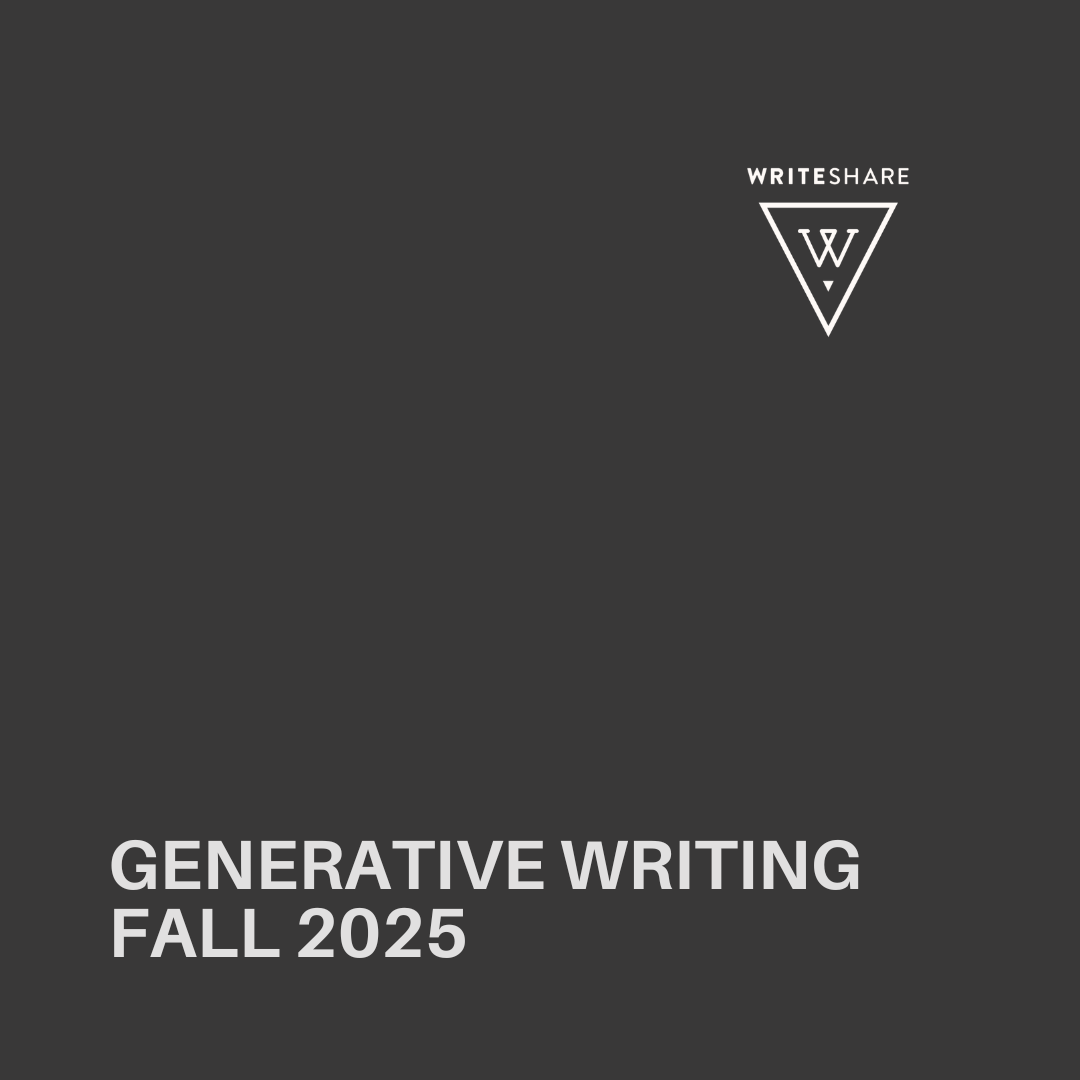
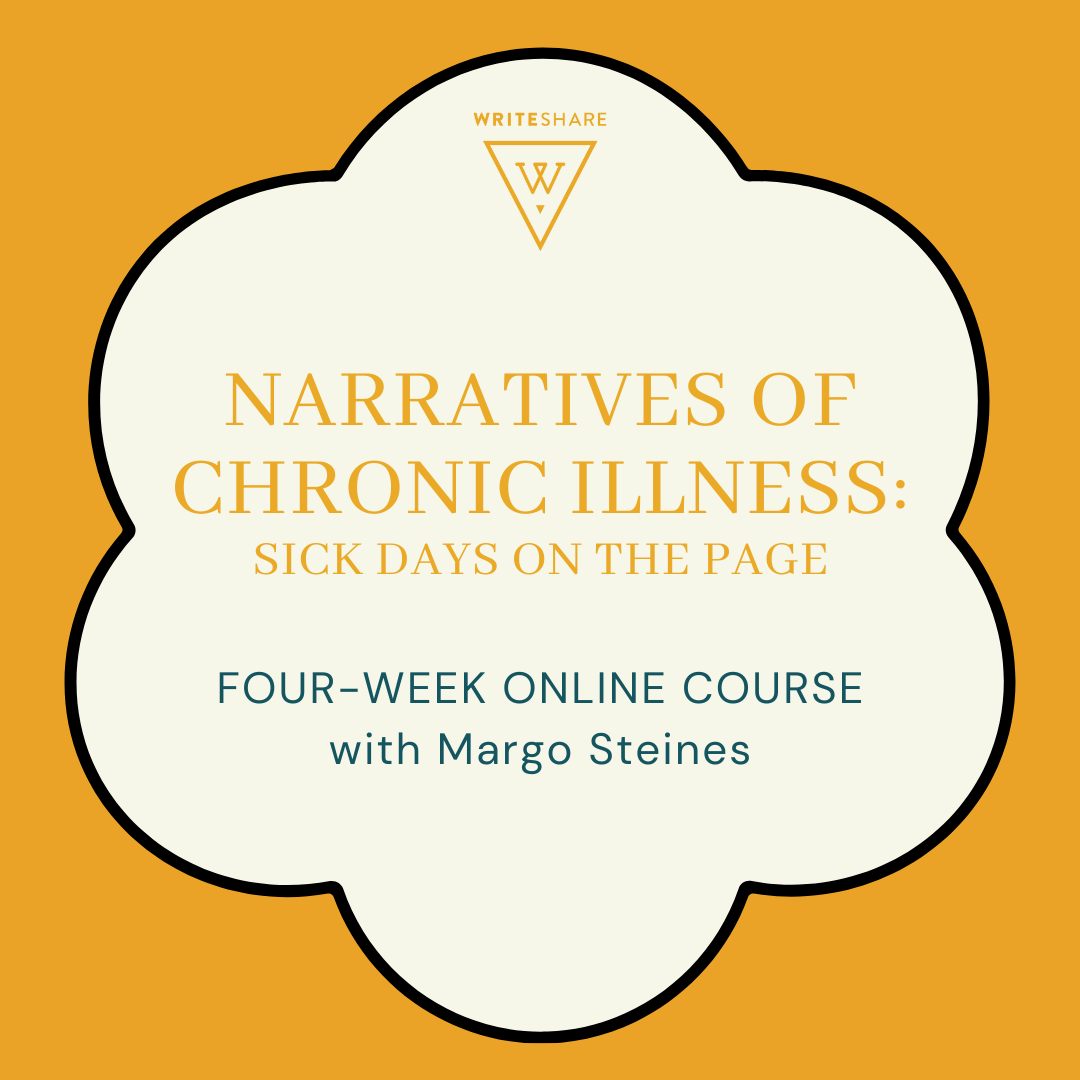
NARRATIVES OF CHRONIC ILLNESS: Sick Days on the Page
Chronic illness is a physical experience, but also a narrative one. Our understandings of selfhood and what happens to our bodies over time coalesce into the way we understand the experience of being ill—and the experience of being alive.
American culture is heavily invested in the linear recovery narrative, which begins with crisis and uses hope and grit to travel a narrative line that arrives at redemption. Chronic illness refutes this narrative and demands different understandings of how our bodies move through time.
In this four-session generative course, writers will explore the ways traditional narrative structures influence medical understanding of what it is to be sick and what it is to be well, and begin to write their own stories of illness, using the truths of the body as a tether to larger human truths.

NARRATIVES OF CHRONIC ILLNESS: Sick Days on the Page
Chronic illness is a physical experience, but also a narrative one. Our understandings of selfhood and what happens to our bodies over time coalesce into the way we understand the experience of being ill—and the experience of being alive.
American culture is heavily invested in the linear recovery narrative, which begins with crisis and uses hope and grit to travel a narrative line that arrives at redemption. Chronic illness refutes this narrative and demands different understandings of how our bodies move through time.
In this four-session generative course, writers will explore the ways traditional narrative structures influence medical understanding of what it is to be sick and what it is to be well, and begin to write their own stories of illness, using the truths of the body as a tether to larger human truths.

NARRATIVES OF CHRONIC ILLNESS: Sick Days on the Page
Chronic illness is a physical experience, but also a narrative one. Our understandings of selfhood and what happens to our bodies over time coalesce into the way we understand the experience of being ill—and the experience of being alive.
American culture is heavily invested in the linear recovery narrative, which begins with crisis and uses hope and grit to travel a narrative line that arrives at redemption. Chronic illness refutes this narrative and demands different understandings of how our bodies move through time.
In this four-session generative course, writers will explore the ways traditional narrative structures influence medical understanding of what it is to be sick and what it is to be well, and begin to write their own stories of illness, using the truths of the body as a tether to larger human truths.

NARRATIVES OF CHRONIC ILLNESS: Sick Days on the Page
Chronic illness is a physical experience, but also a narrative one. Our understandings of selfhood and what happens to our bodies over time coalesce into the way we understand the experience of being ill—and the experience of being alive.
American culture is heavily invested in the linear recovery narrative, which begins with crisis and uses hope and grit to travel a narrative line that arrives at redemption. Chronic illness refutes this narrative and demands different understandings of how our bodies move through time.
In this four-session generative course, writers will explore the ways traditional narrative structures influence medical understanding of what it is to be sick and what it is to be well, and begin to write their own stories of illness, using the truths of the body as a tether to larger human truths.
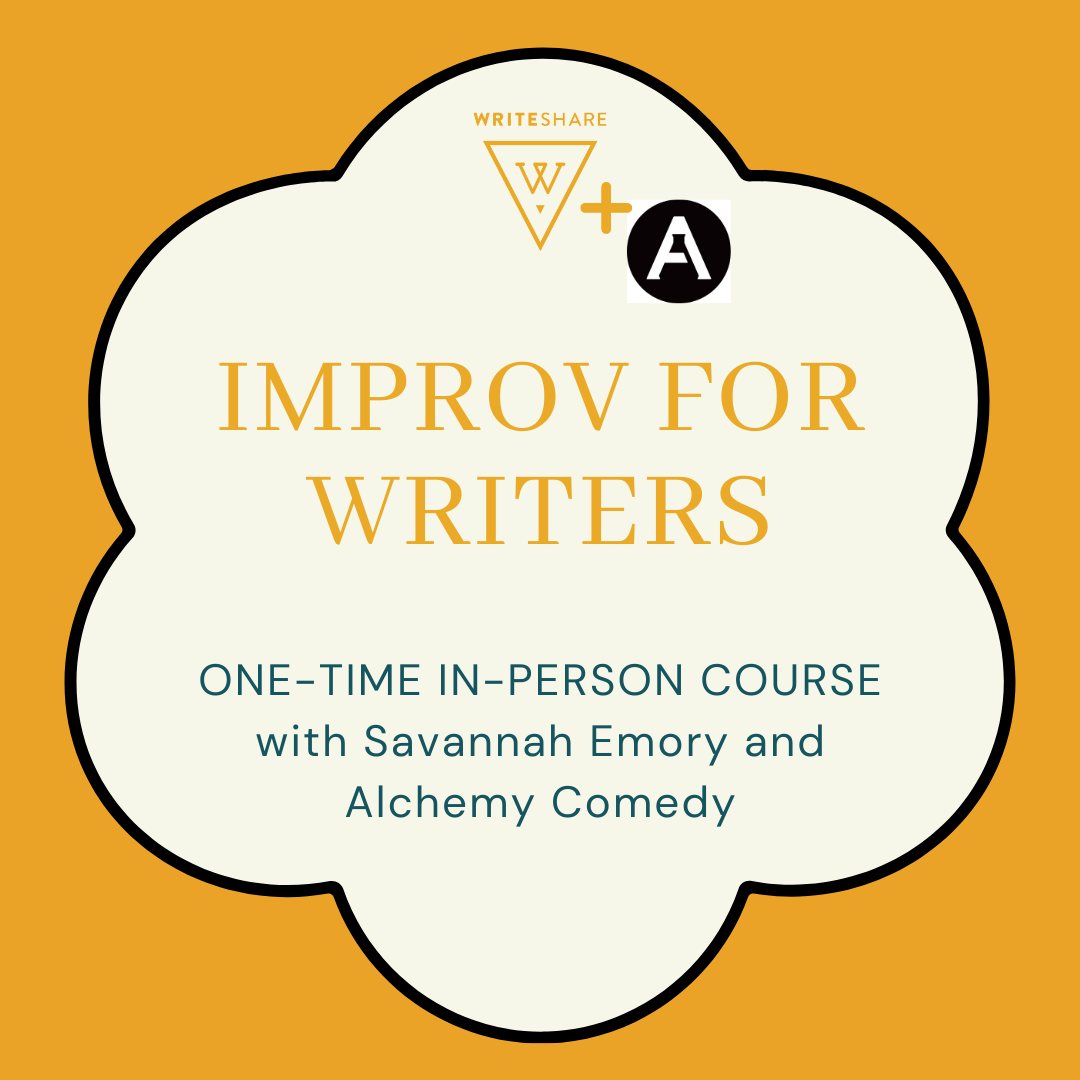
IMPROV FOR WRITERS
Using the creative, on-the-spot teaching of improv games and screen work, Improv for Writers brings out the on-your-toes approach to what comes naturally in your writer's brain. This class will have you jumping out of your comfort zone and pulling out your true nature when it comes to your writing.
We’ll do a 90-minute session of improv that involves a basic introduction to the rules of performance (such as the “yes-and” principle), how to hold the space, developing point of view, and even doing some improvised scenes. This will be followed by a breakout writing session that allows us to pull from the once-in-the-moment improv we just performed.
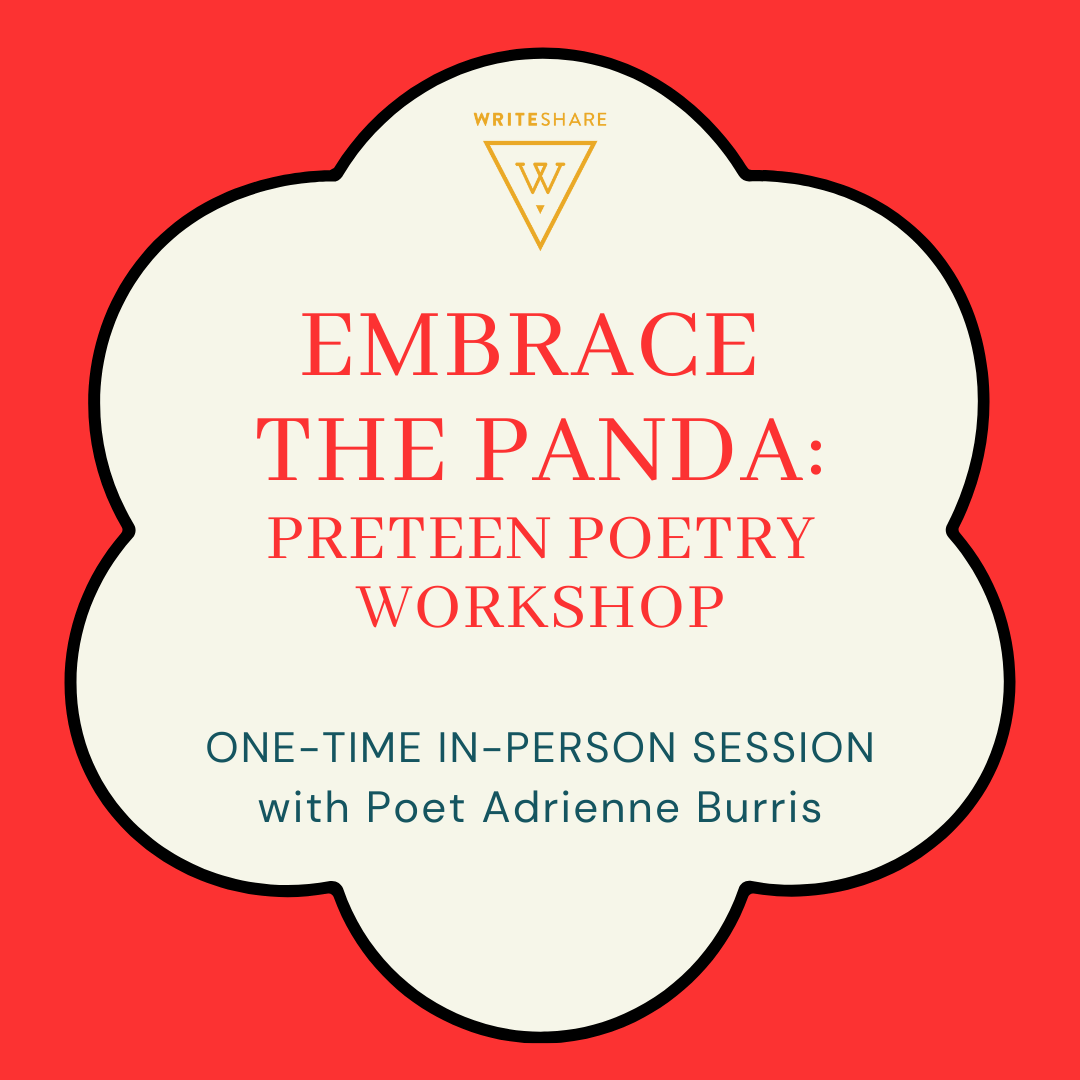
EMBRACE THE PANDA: Preteen Poetry Workshop
Are you a young writer? Has your poetry (or you!) ever been labeled angsty or melodramatic? I say, good for you, friends! You have a lot of things to feel big feelings about. In this 3-hour workshop we will work on building confidence as we explore embracing and elevating our most authentic, angsty selves. No poetry experience required!
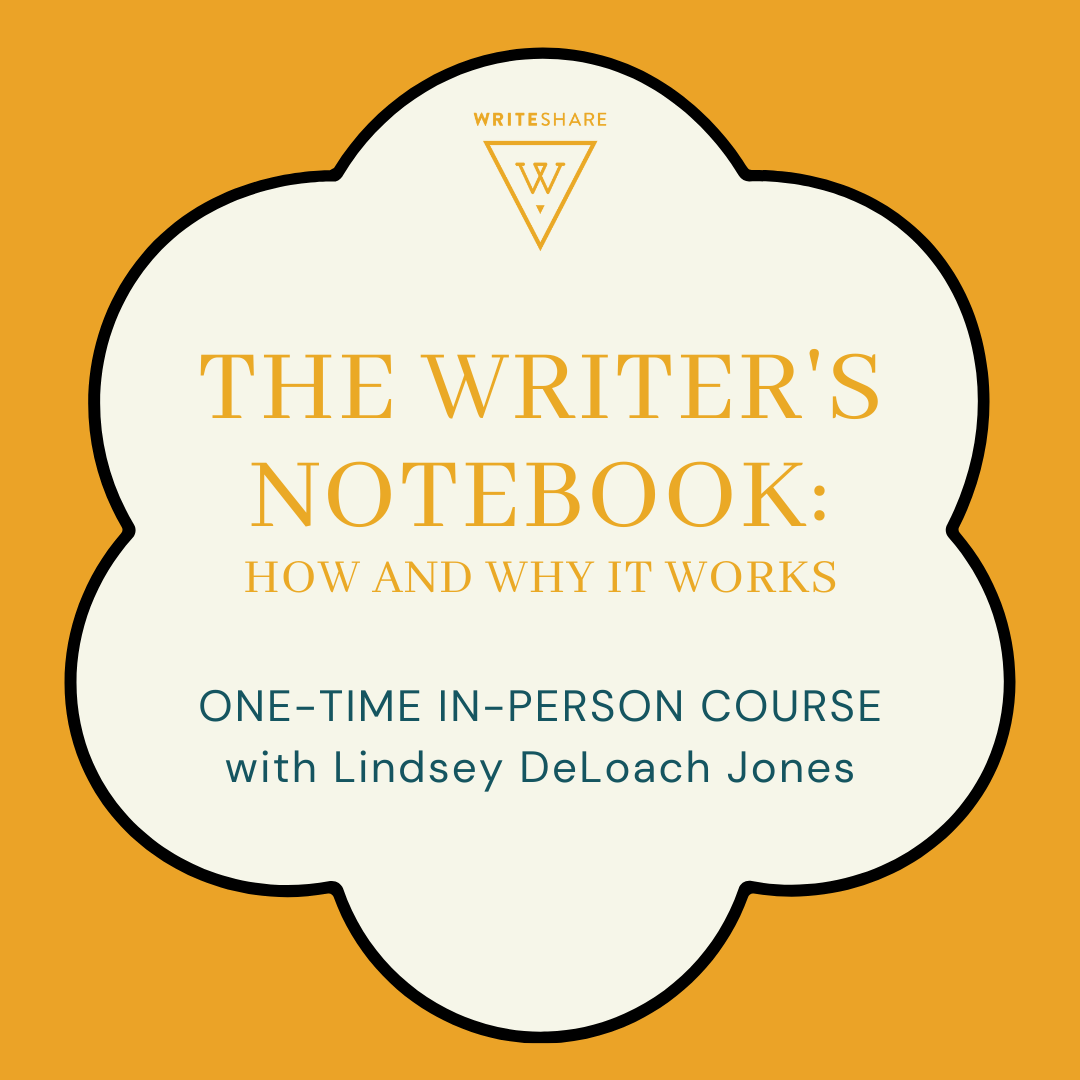
THE WRITER'S NOTEBOOK: How and Why It Works
You've probably been told to keep a writer's notebook, but it may feel like another supplemental task you can't bring yourself to begin. In this class we'll tackle the practice and the theory of a writer's notebook so that you'll leave knowing not just how to keep one but why, in terms of craft, it matters.
Your course fee includes the cost of a notebook of your choice from M. Judson books. We will select them at the beginning of class, so you’ll have it to write in during class.
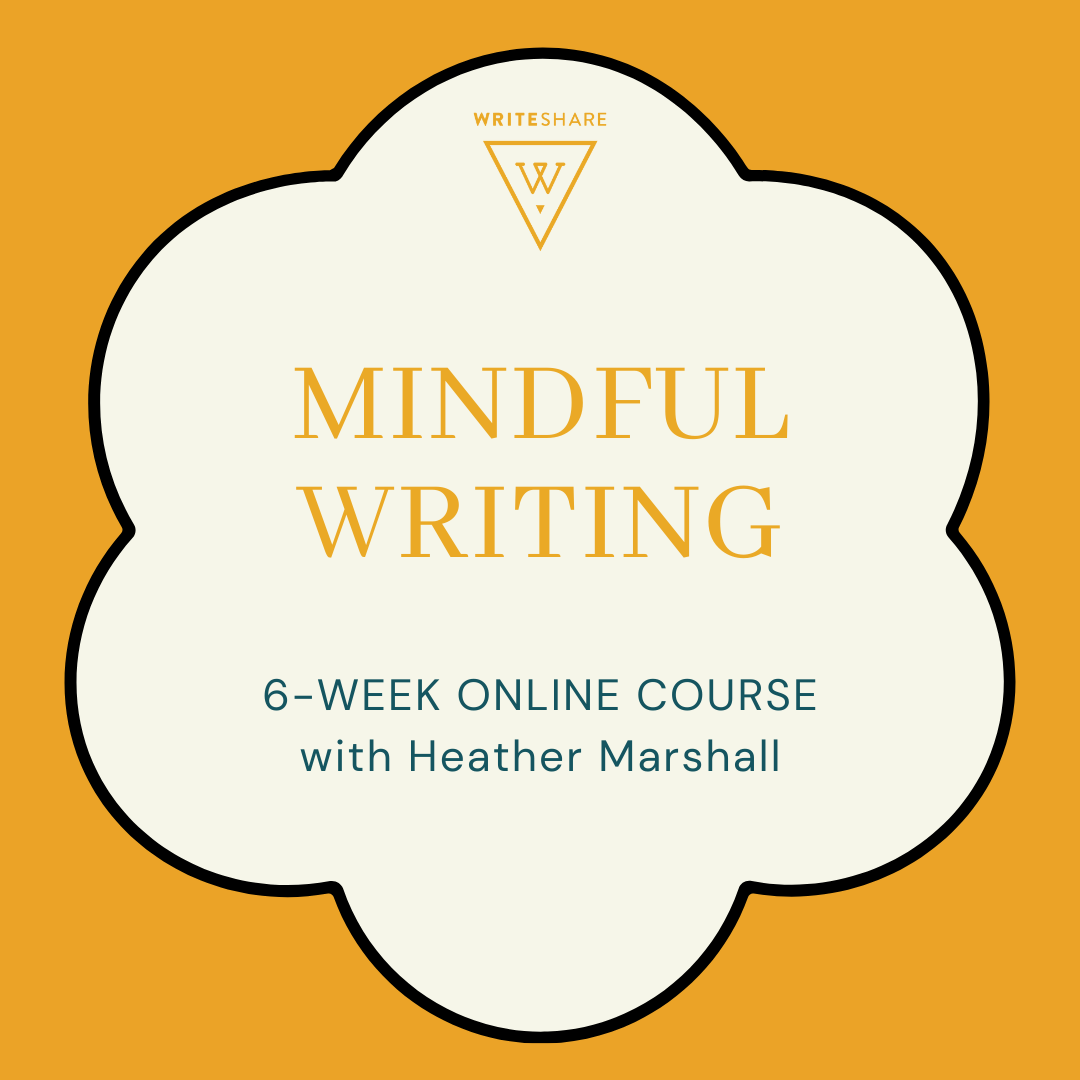
MINDFUL WRITING
Designed for writers in any genre who want to deepen their writing practice and open up more space for creativity. Each week, we will have a mindfulness practice that will lead into a writing session. We’ll have time to share our thoughts and our writing. No prior mindfulness or writing experience is required. Just bring pen and paper.
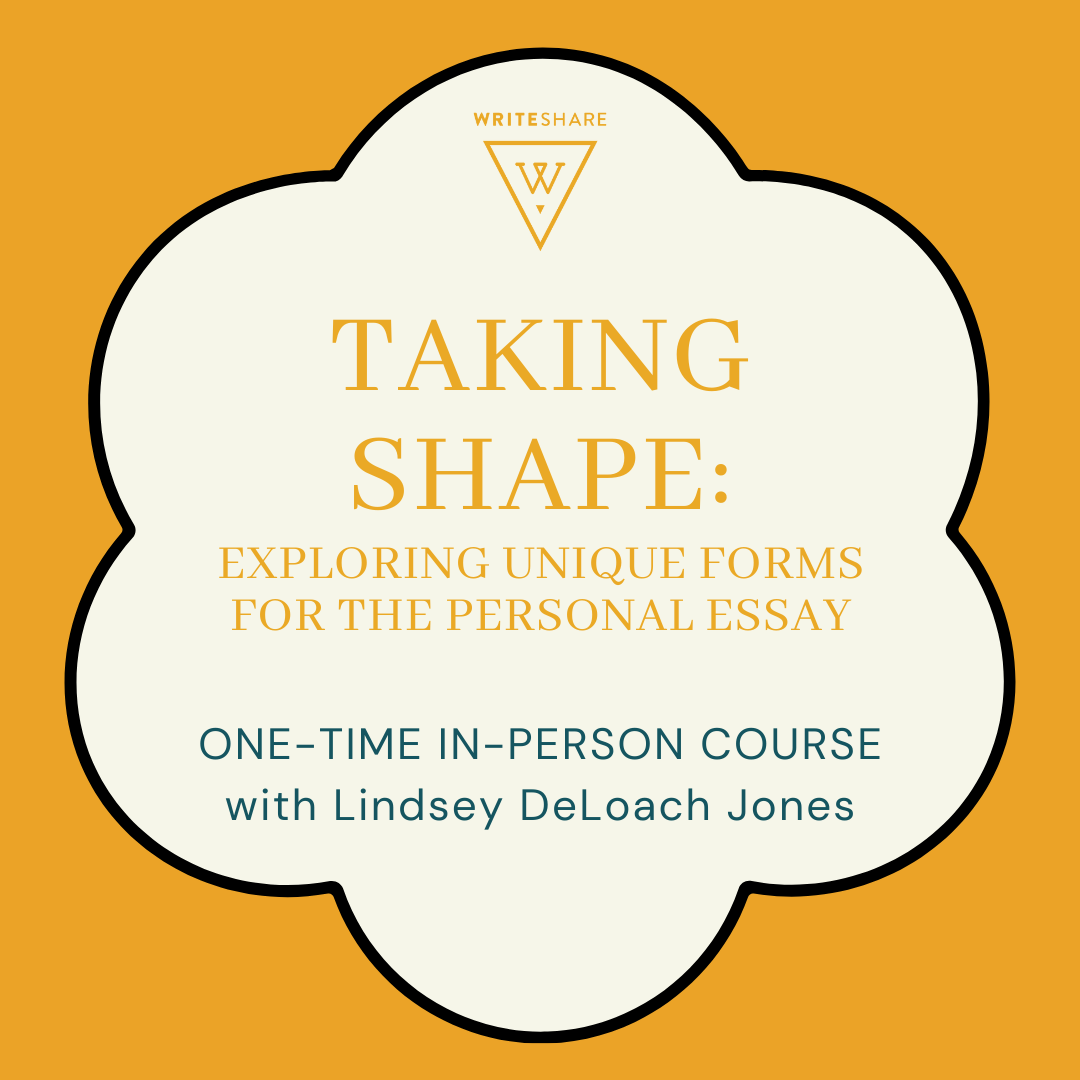
TAKING SHAPE: Exploring Unique Forms for the Personal Essay
For writers of personal nonfiction, your life is your material. But what makes that material art is the shape it takes on the page. Drawing from the work of writers such as Lidia Yuknavitch and Jane Alison, we'll explore more than a dozen experimental nonfiction forms to break out of the "three-act story structure" and render our experiences in exciting new ways.

MINDFUL WRITING
Designed for writers in any genre who want to deepen their writing practice and open up more space for creativity. Each week, we will have a mindfulness practice that will lead into a writing session. We’ll have time to share our thoughts and our writing. No prior mindfulness or writing experience is required. Just bring pen and paper.
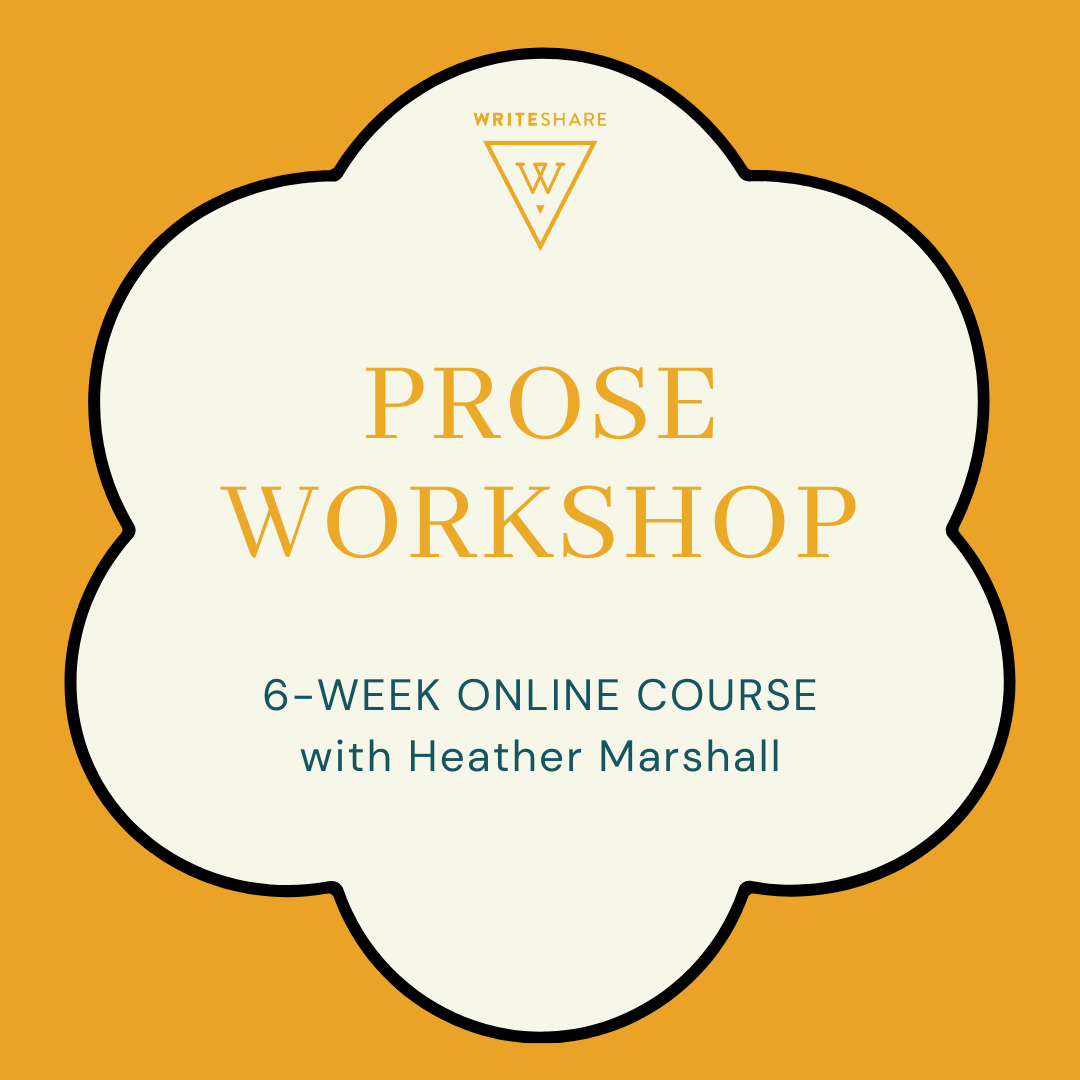
PROSE WORKSHOP
For writers who have a draft of at least one story or novel chapter. During each session, we’ll have a craft discussion and then workshop participants’ submissions. Each participant will be able to submit to the group twice during the course of the workshop. This could be two different stories or chapters, or could provide the writer an opportunity to revise and resubmit the same piece.

MINDFUL WRITING
Designed for writers in any genre who want to deepen their writing practice and open up more space for creativity. Each week, we will have a mindfulness practice that will lead into a writing session. We’ll have time to share our thoughts and our writing. No prior mindfulness or writing experience is required. Just bring pen and paper.
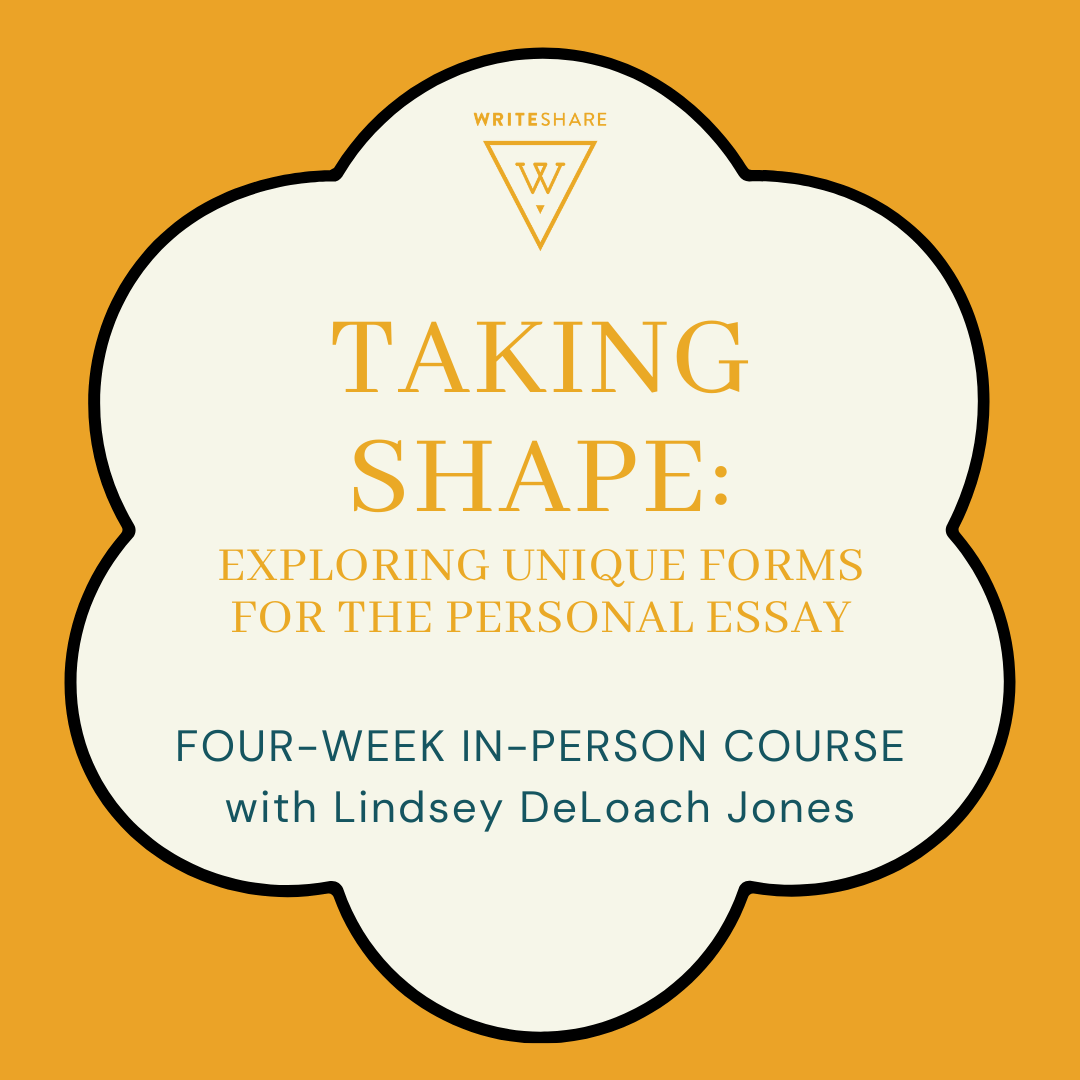
TAKING SHAPE: Exploring Unique Forms for the Personal Essay
For writers of personal nonfiction, your life is your material. But what transforms the material of daily life into art is the shape it takes on the page. Drawing from the work of writers such as Lidia Yuknavitch and Jane Alison, we'll explore more than a dozen experimental nonfiction forms to break out of the "three-act story structure" and render our experiences in exciting new ways.
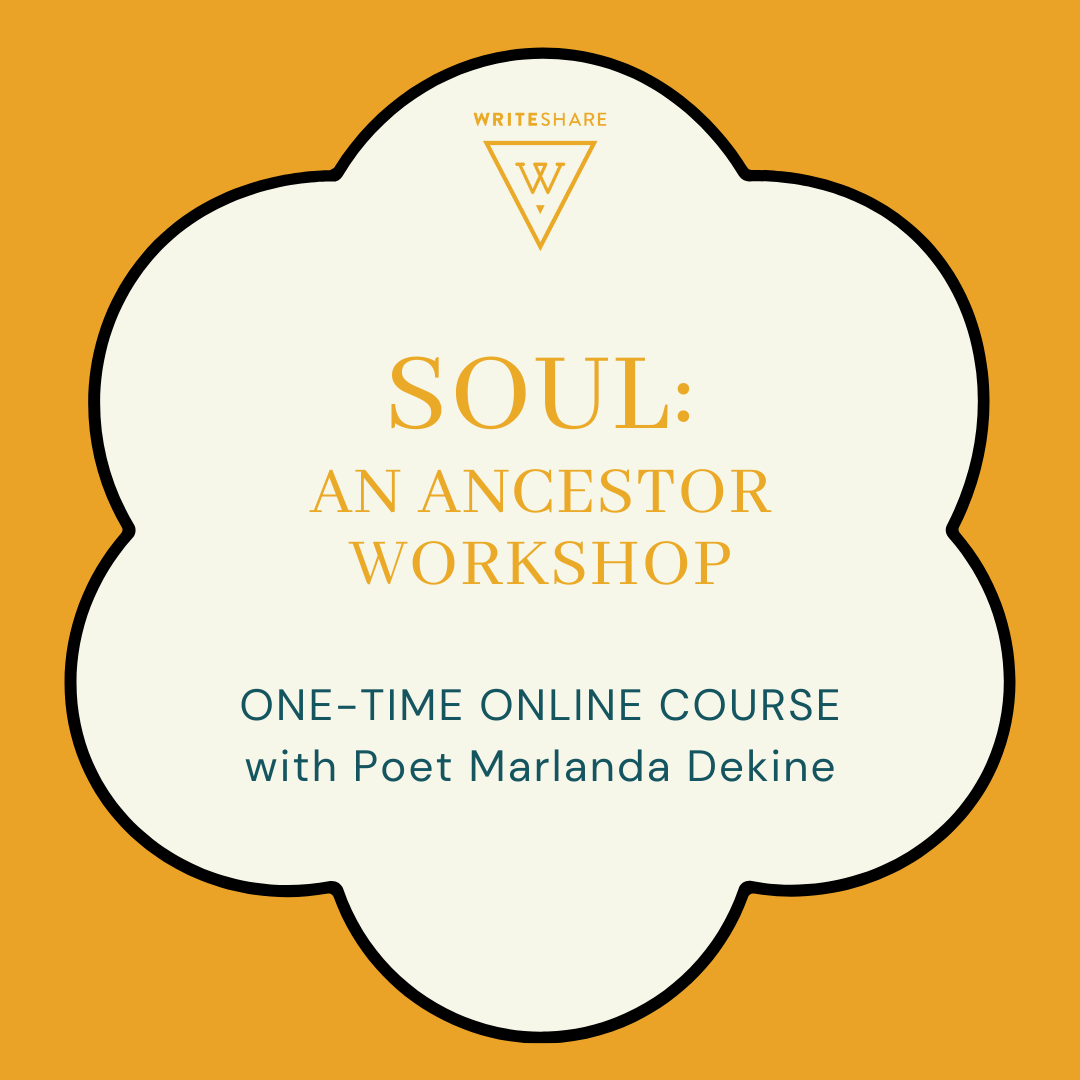
SOUL: An Ancestor Workshop
Together we will consider how our individual origin stories influence our being. We will tap into past, present, and future timelines, allowing our familial and land ancestries to speak more than we do. We have the opportunity to reciprocate nourishment through speculation, giving ourselves permission, and presuming abundance. Through messy memory work, recalling stories, and simply listening, nature is nourishing. Generative writing, breathwork, movement & meditation will be a part of our time together.

MINDFUL WRITING
Designed for writers in any genre who want to deepen their writing practice and open up more space for creativity. Each week, we will have a mindfulness practice that will lead into a writing session. We’ll have time to share our thoughts and our writing. No prior mindfulness or writing experience is required. Just bring pen and paper.

PROSE WORKSHOP
For writers who have a draft of at least one story or novel chapter. During each session, we’ll have a craft discussion and then workshop participants’ submissions. Each participant will be able to submit to the group twice during the course of the workshop. This could be two different stories or chapters, or could provide the writer an opportunity to revise and resubmit the same piece.

TAKING SHAPE: Exploring Unique Forms for the Personal Essay
For writers of personal nonfiction, your life is your material. But what makes that material art is the shape it takes on the page. Drawing from the work of writers such as Lidia Yuknavitch and Jane Alison, we'll explore more than a dozen experimental nonfiction forms to break out of the "three-act story structure" and render our experiences in exciting new ways.

MINDFUL WRITING
Designed for writers in any genre who want to deepen their writing practice and open up more space for creativity. Each week, we will have a mindfulness practice that will lead into a writing session. We’ll have time to share our thoughts and our writing. No prior mindfulness or writing experience is required. Just bring pen and paper.
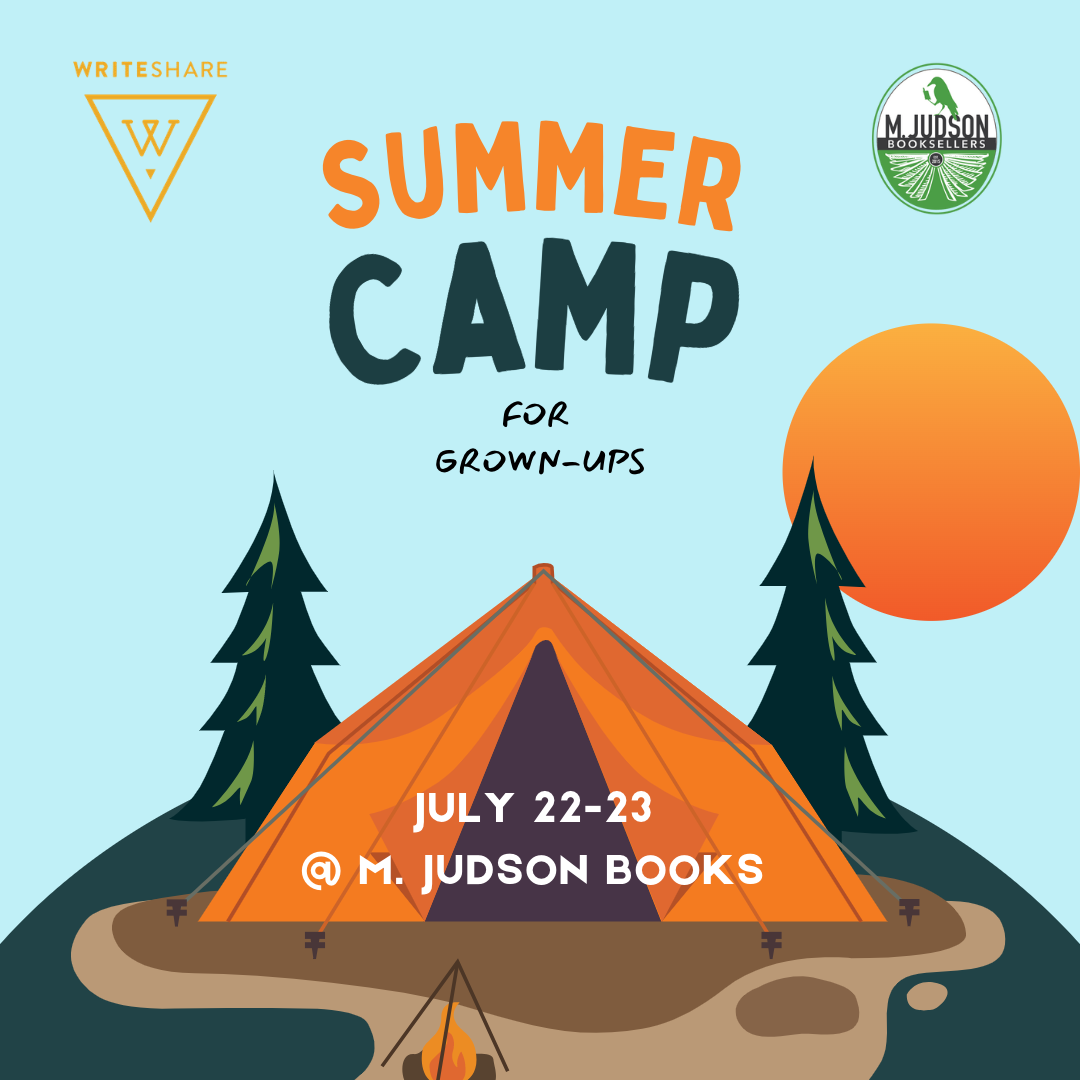
SUMMER CAMP FOR GROWN-UPS
Join Writeshare and M. Judson Books for our first annual local "retreat" for writers of all levels. Come to learn, come to write, come to be with other writers.
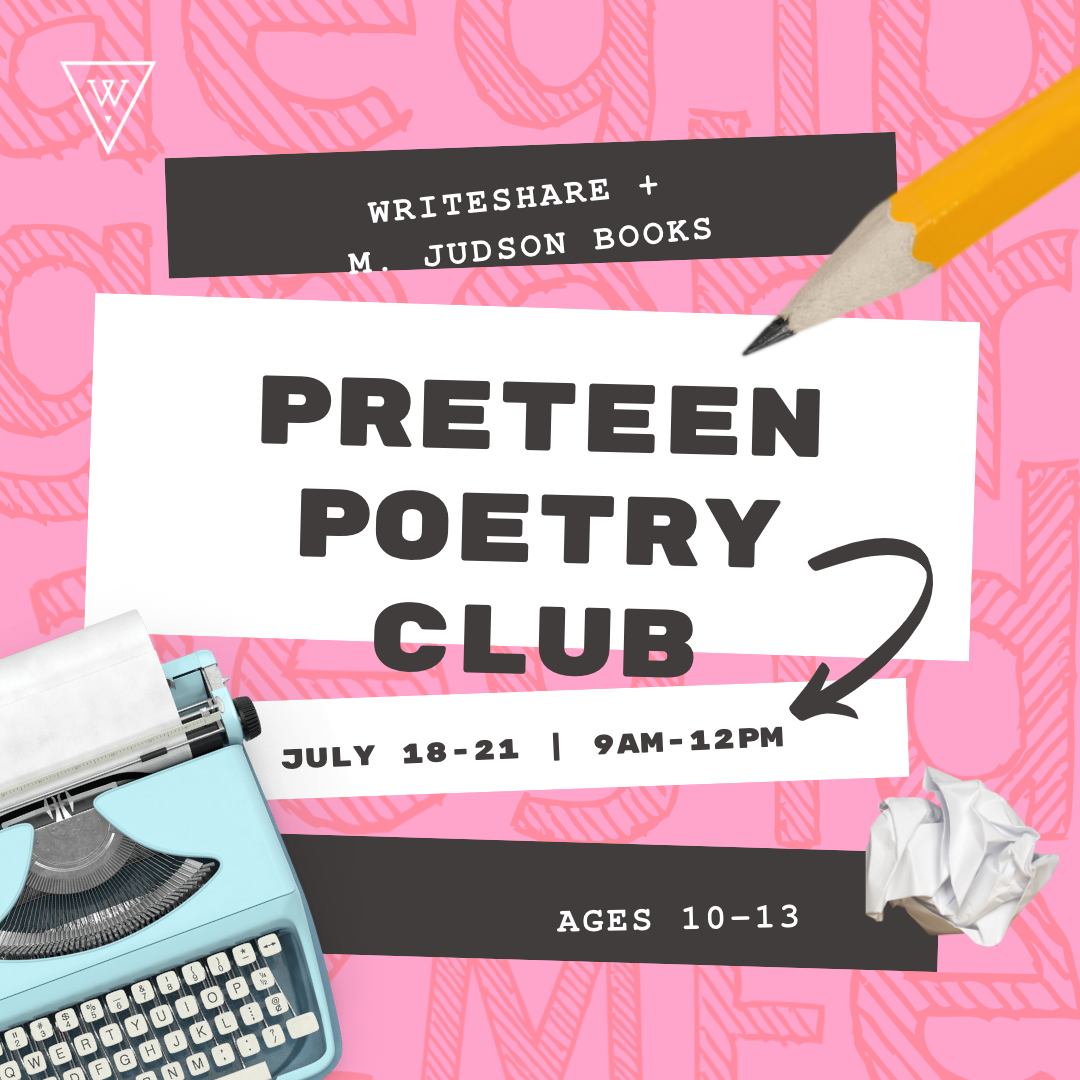
PRETEEN POETRY CLUB
Are you a young poet between the ages of 10-13? Join us for a four-session camp where we'll explore all things verse: reading it, writing it, eating it, maybe even taking it for a walk around the neighborhood. All participants will receive a daily snack from Camilla Kitchen and take home a collection of peer writing to celebrate their creativity.



